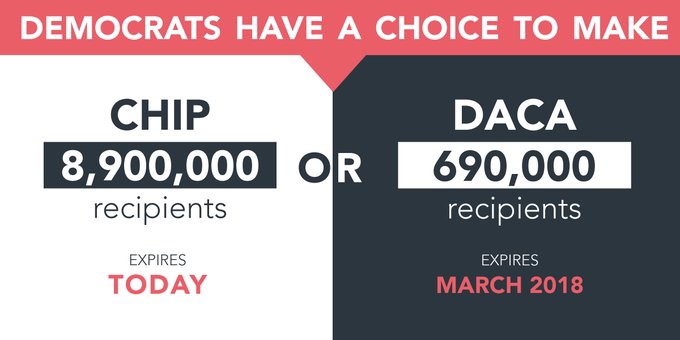DENVER — More than 165,000 Coloradans selected healthcare coverage for 2018 through the state health insurance Marketplace by the close of Open Enrollment, according to new data released today by Connect for Health Colorado®.
“These are positive results that show us holding steady and in line with our targets for the year,” said Connect for Health Colorado CEO Kevin Patterson. “Despite the uncertainty that created some confusion in the market, we have seen volumes that nearly match last year’s longer Open Enrollment Period. I am happy to see so many families and individuals put this protection for their health and financial well-being in place for the year. We will be reporting our results in coming weeks in our annual End of Open Enrollment Report.”
The Open Enrollment Period for Coloradans who buy their own health insurance was 22 days shorter this year than last year’s period ¬— one that was extended three days past the original deadline of January 31, 2017, to accommodate a last-minute rush in sign-ups. The next Open Enrollment Period will begin November 1, 2018.
By the close of this year’s Open Enrollment, Coloradans had selected 165,777 medical insurance plans, an increase of 3 percent over the 160,968 medical plan selections for same date in 2017. When the last Open Enrollment Period closed on Feb. 3, 2017, the number of plan selections had reached 172,361.
Enrollments remain open through March 1, 2018, for anyone whose 2017 health plan was not offered for 2018. In addition, Coloradans who experience a qualifying life change event, such as marriage, divorce, having a child, losing their employer-sponsored insurance, or those moving into Colorado, have 60 days from that event to enroll in 2018 coverage.
Among the 2018 plan selections, 23 percent are by customers who are new to Connect for Health Colorado and 77 percent are renewing customers.
About Connect for Health ColoradoConnect for Health Colorado is a public, non-profit entity established by the Colorado General Assembly in 2011 to create a health insurance
Marketplace. It opened for business on Oct. 1, 2013, for individuals, families and small employers to compare and buy health insurance and is the only place to apply for financial assistance in the form of tax credits to help lower the monthly cost of
premiums. Customers can shop online; get help by phone or online chat from Customer Service Center representatives; and access free, in-person assistance from a statewide network of certified Brokers, community-based Health Coverage Guides or Application Counselors. For more information:
www.connectforhealthco.com
